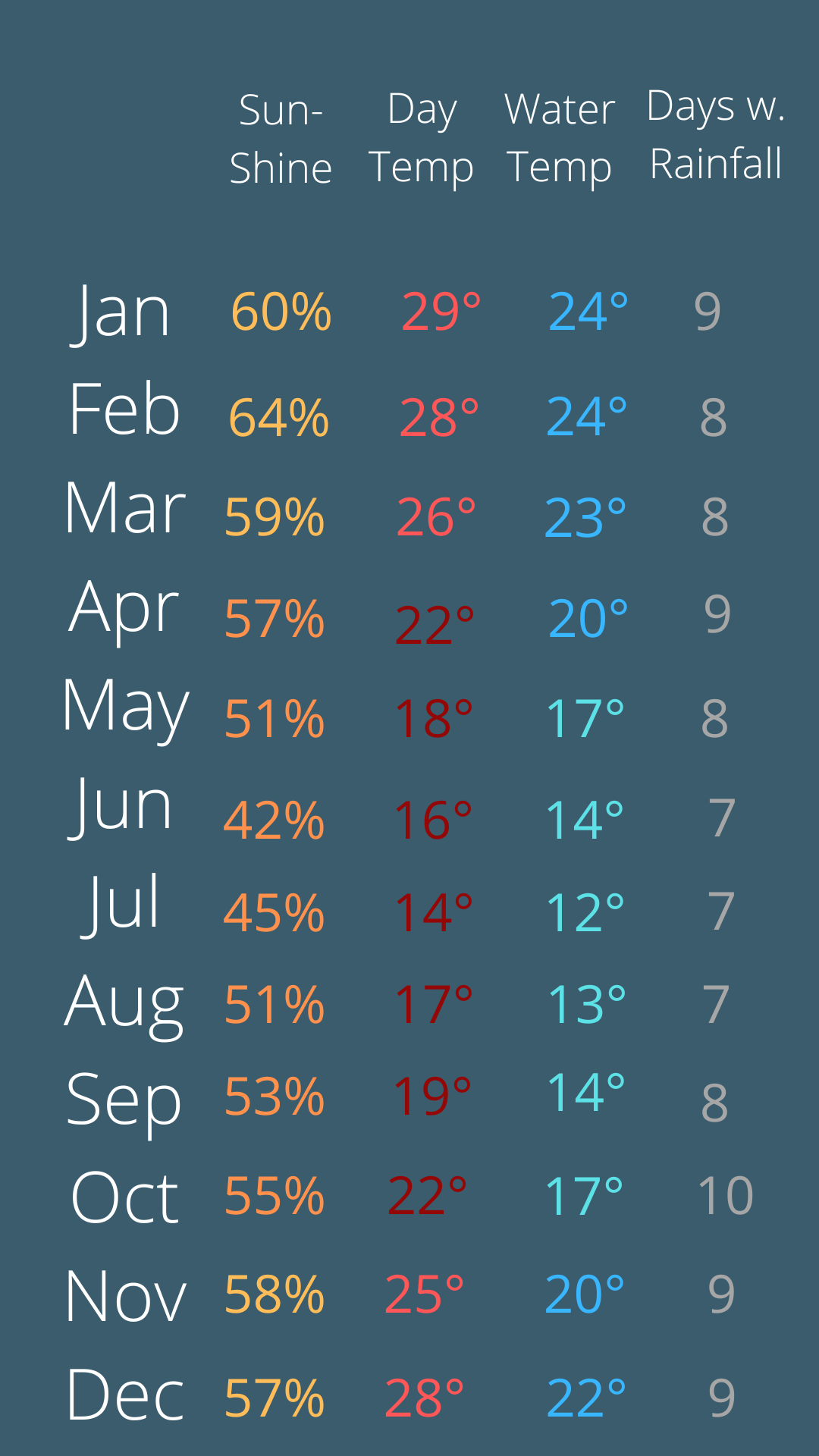Buenos Aires

When folks travel to Argentina, they generally have two things on their mind: Malbec wine and meat. But there’s more than just the incredible food. Buenos Aires, Argentina is a vibrant and cosmopolitan city that is often referred to as the "Paris of South America". Known for its rich culture, lively nightlife, and delicious cuisine, Buenos Aires is a must-visit destination for travelers. This cosmopolitan city has perfect hotels, latin cocktail bars, culture, nightlife and of course the vibrant street art. Museum lovers and lovers of the Argentinian tango will also enjoy the endless historic establishments filled with exquisite artworks and exciting cabaret and tango bars and nightclubs. Major attractions include Teatro Colón and and the modern MALBA museum displaying latin art.

Tipping.
In restaurants, 10% gratuity is considered the norm. Tipping is not expected in bars.
Tipping the staff at hotels is generally common. Leave the doorman or porter at least one peso per bag, but two to three would probably be better.
Lingo in Buenos Aires.
For Osakans, the commonly used dialect is Kansai dialect or Kansai-ben and it’s a speech you’ll hear often on the streets. Interestingly, even in Kansai-ben there are different accents, words and sentence endings if you move from Osaka to Kyoto and Jobe.
General lingo.
oludo/a = Dude (friendly, just for friends); can also be a mild insult.
Pibe = Boy, dude; “Che, pibe!” Hey, boy!
Tranka = Chill (comes from tranquilo); “Tranka Style”
Posta = Truth; “Pasó eso, posta!” That really happened!
La posta = The best; “El alfajor es la posta.” The alfajor is the best.
Mina = Woman; “Que linda mina.” What a pretty woman.
Minita = Girl; may be sexual or diminishing.
Quilombo = A mess, a problem; “Qué quilombo!” What a mess!
Afanar = (verb) To steal; “Me afanaron el celular!” They stole my cellphone!
Chafar/Chorear = (verb) Synonym of anafar; to steal.
Careta = Someone who acts like someone they are not.
Rata = Someone who is cheap; also known as “Amarrete”.
Viste = (verb) To see, used as “Viste! Tenía razón.” See! I was right.
Previa = You have a “previa” where you drink your (cheap) booze before going to a party or Boliche.
Boliche = Nightclub, alcohol included. (18+ years)
Mala muerte = Literally “bad death,” used to describe a place that is not nice; “Un bar de mala muerte.” A horrible bar.
Bola = To pay attention; “Dar bola.”
Rati = Police; also known as “la cana” or “yuta” (the police) and “el cana” (the policeman). See the documentary film: “El Rati Horror Show”.
Bajón = Something that brings you down or makes you sad; “Esto es un bajón.” This is a downer.
Bancar
(verb) To support, to wait; “Bancame un minuto” Wait a minute. “Bancame en esta” Support me on this one.
Baranda = Bad smell; “Qué baranda!” What a horrible smell!
Bárbaro = Great; “Qué bárbaro!” How great!
Bardo = A mess; the verb is “Bardear” (to make a mess) and you can be a “Bardero/a.”
Bocha = A lot; “Te quiero (una) bocha.” I love you a lot.
Cacho = A bit; “Pará un cacho!” Wait a bit!
Canchero/Copado/Cebado = (adj.) Cool; good vibes.
Chamuyero = (adj.) Someone that talks nonsense, a player. Verb to “chamuyar”.
Cualquiera! or Nada que ver! = Whatever! Saying something is erroneous or has nothing to do with the conversation.
Diego = Maradona, obviously.
Escabiar =(verb) To drink alcohol.
Eating out/ shopping lingo.
Birra = Beer; “Nos tomamos una birra?” Shall we drink a beer?
Perdón = Excuse me
Una mesa para dos personas, por favor = A table for two, please
Qué aconsejás? = What do you recommend?
Te pido ___ por favor = I’d like to order ____.
Puedo pedir para llevar? = Can I order food to go?
Puedo llevar las sobras? = Can I take the leftovers?
La cuenta, por favor = The bill, please.
Se aceptan tarjetas de crédito? = Are credit cards accepted?
Get your flirt on!
¡Qué lindo/linda que sos! = How handsome/pretty (are you)!
¡Sos una diosa! = You are a Goddess!
¡Qué facha que tenés! = What a good look you have!
(Be careful with this expression, a lady may look cheap if she says this).
¡Qué linda mirada/sonrisa que tenés! = What a good look/smile you have! (Sounds a bit corny but could work)
Me encandilás con esos ojos = I am dazzled by these (your) eyes.
After the initial flirting one might go further and ask:
¿Tenés novio/novia? = Do you have a boyfriend/girlfriend?

Transport from Ministro Pistarini International Airport.
There are 3 ways to get to and from Osaka - by taxi, train and bus.
Taxi.
BA is awash with licensed black and yellow taxis and in busy areas you're unlikely to wait more than a couple of minutes for one. Licensed taxis run on meters, and fares are exclusively in Argentine pesos (ARS $).
Train.
Trains are economical and tickets can be purchased at the stations with cash or you can travel using the SUBE card. Trains for Tigre leave from Retiro Train Station and pass through Belgrano C.
Bus.
Known locally as ‘colectivos’ or ‘bondis’, buses are a cheap and efficient way to get around the city. They run 24 hours a day, 365 days a year, and cover the whole city, meaning that you'll rarely find yourself more than a few blocks from a stop. The "Metrobus" is a bus rapid transit sytem using dedicated bus lanes to cut journey times on several of the city's main arteries.
Best time to travel.
The shoulder seasons of September to December (spring/ early summer) and April to June (fall/early winter)

